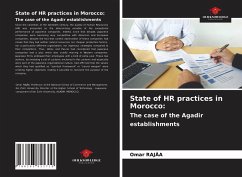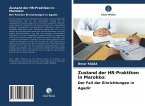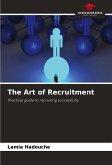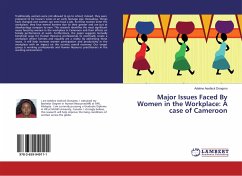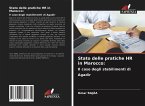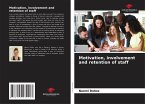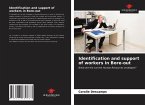Since the seventies of the twentieth century, the quality of Human Resources (HR) was presented as the determining variable of the exceptional performance of Japanese companies. Indeed, since that decade, Japanese companies were becoming very competitive with American and European companies, despite the fact that careful observation of these companies had shown that they had neither natural resources nor cheaper production factors, nor a particularly different organization, nor ingenious strategies compared to their competitors. Thus, Athos and Pascal had considered that Japanese companies had a plus which was cruelly missing in Western companies: Japanese firms endowed their employees with a kind of extra soul. These two authors, by analyzing a set of customs anchored in the customs and especially were part of the Japanese organizational culture, had affirmed that the values which they had qualified as "spiritual framework" or "secret weapon" were creating higher objectives making it possible to reconcile the purpose of the company.
Bitte wählen Sie Ihr Anliegen aus.
Rechnungen
Retourenschein anfordern
Bestellstatus
Storno

